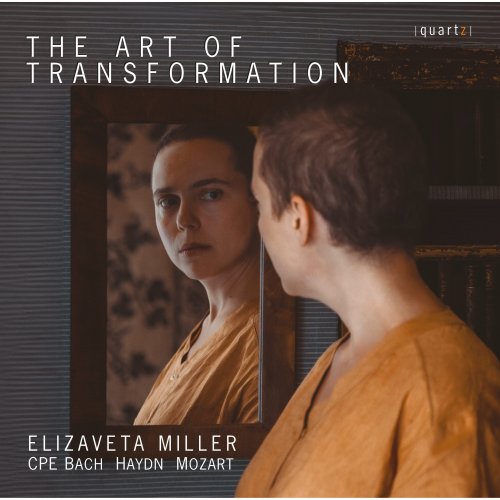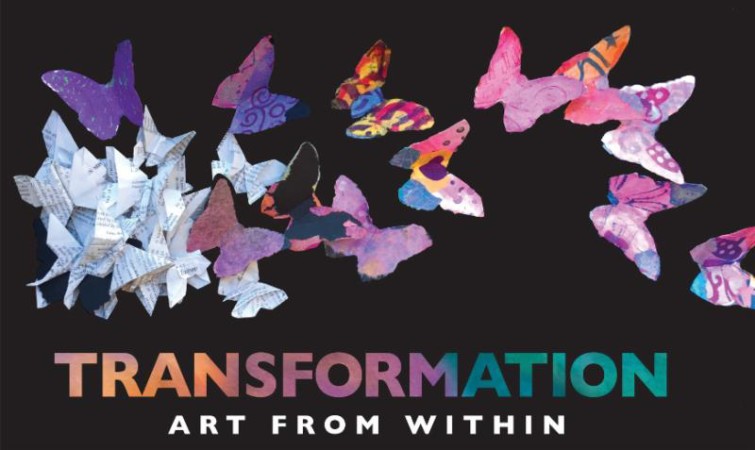The Art of Transformation: Exploring the World of Makeup Artists
Related Articles: The Art of Transformation: Exploring the World of Makeup Artists
Introduction
In this auspicious occasion, we are delighted to delve into the intriguing topic related to The Art of Transformation: Exploring the World of Makeup Artists. Let’s weave interesting information and offer fresh perspectives to the readers.
Table of Content
The Art of Transformation: Exploring the World of Makeup Artists

Makeup, a ubiquitous aspect of human expression and artistry, has evolved beyond mere beautification. It has become a powerful tool for self-expression, confidence building, and artistic creation. At the heart of this transformative practice lie makeup artists, skilled individuals who wield brushes and palettes to sculpt, enhance, and elevate the human visage.
This comprehensive exploration delves into the multifaceted world of makeup artistry, examining its history, techniques, and the diverse roles it plays in society. From the theatrical stage to the red carpet, from everyday beauty routines to high-fashion campaigns, makeup artists are the architects of visual narratives, shaping perceptions and influencing trends.
A Historical Perspective: From Ancient Rituals to Modern Mastery
The origins of makeup can be traced back to ancient civilizations. Egyptians, known for their intricate eye makeup and vibrant pigments, utilized cosmetics for religious rituals, social status, and aesthetic enhancement. Ancient Romans embraced the use of rouge and powders, while in the Middle Ages, makeup was largely associated with the aristocracy.
The Renaissance witnessed a resurgence of interest in cosmetics, with the invention of the first commercially available makeup products. The 18th and 19th centuries saw the rise of theatrical makeup, as performers sought to create elaborate and exaggerated characters.
The 20th century ushered in a new era of makeup artistry, with the development of advanced techniques and products. The rise of Hollywood and the fashion industry fueled the demand for skilled makeup artists, who became integral to creating iconic looks and shaping beauty standards.
The Craft of Makeup Artistry: A Symphony of Skills
Makeup artistry is a multifaceted profession that requires a unique blend of technical skills, artistic vision, and an understanding of human anatomy and physiology. It involves the application of various products, including foundations, concealers, powders, eyeshadows, lipsticks, and blush, to achieve desired effects.
Key Techniques in Makeup Artistry:
- Foundation Application: Achieving an even skin tone is paramount. This involves selecting the right foundation shade and using techniques like blending, layering, and contouring to create a flawless base.
- Concealing Imperfections: Makeup artists utilize concealers to disguise blemishes, dark circles, and other imperfections, enhancing the overall complexion.
- Eye Makeup: Eyeshadows, eyeliners, and mascaras are employed to define, enhance, and accentuate the eyes. Techniques like blending, layering, and smudging are crucial for creating captivating eye looks.
- Contouring and Highlighting: These techniques involve using light and dark shades to sculpt facial features, adding dimension and enhancing natural contours.
- Lip Makeup: Lipsticks, glosses, and liners are used to add color, definition, and volume to the lips.
- Special Effects Makeup: This area of artistry involves creating illusions, transformations, and prosthetics for film, television, and theater productions.
The Roles of a Makeup Artist:
Makeup artists work across various fields, each requiring unique skillsets and approaches:
- Bridal Makeup: Specializing in creating timeless and elegant looks for brides on their wedding day, emphasizing natural beauty and enhancing features.
- Fashion Makeup: Working with designers and photographers to create avant-garde and experimental looks for fashion shows, editorials, and campaigns.
- Film and Television Makeup: Transforming actors into characters, creating realistic wounds, aging effects, and other special effects to enhance storytelling.
- Theater Makeup: Emphasizing stage presence and character portrayal, often utilizing bold colors and dramatic techniques.
- Commercial Makeup: Creating makeup looks for advertising campaigns, product demonstrations, and promotional materials.
- Personal Makeup: Offering consultations and makeup services to individuals for everyday wear, special occasions, or personal development.
The Importance of Makeup Artistry: Beyond Aesthetics
Makeup artistry goes beyond mere cosmetic application. It plays a crucial role in:
- Boosting Confidence: A well-executed makeup look can enhance self-esteem, allowing individuals to feel more confident and empowered.
- Self-Expression: Makeup serves as a canvas for creativity and self-expression, allowing individuals to experiment with different styles and showcase their unique personalities.
- Artistic Expression: Makeup artistry is a form of art, allowing artists to create visual narratives, evoke emotions, and inspire others through their work.
- Professional Advancement: In fields like acting, modeling, and entertainment, a skilled makeup artist can be a valuable asset, enhancing marketability and career opportunities.
- Social and Cultural Impact: Makeup trends often reflect societal norms and cultural influences, shaping perceptions of beauty and influencing social dynamics.
FAQs about Makeup Artistry
Q: What qualifications are required to become a makeup artist?
A: While formal education is not always mandatory, many aspiring makeup artists pursue specialized training programs or certifications from reputable institutions. These programs typically cover foundational techniques, product knowledge, and industry best practices.
Q: What are the essential tools for a makeup artist?
A: A basic makeup kit should include a range of brushes, sponges, palettes with various eyeshadows, lipsticks, foundations, concealers, powders, and other essential products. Additional tools like a makeup mirror, sanitizing wipes, and a brush cleaner are also crucial.
Q: How can I find a good makeup artist?
A: Seek recommendations from friends, family, or colleagues. Explore online platforms, social media profiles, and professional makeup artist directories. Look for artists with a strong portfolio showcasing their skills and style.
Q: What should I consider when choosing a makeup artist?
A: Consider the artist’s experience, expertise in the desired style, availability, pricing, and client reviews. It is crucial to have a clear understanding of the desired look and communicate your preferences effectively.
Tips for Aspiring Makeup Artists
- Practice Regularly: Mastering makeup techniques requires consistent practice. Experiment with different products, techniques, and looks to develop your skillset.
- Build a Strong Portfolio: Showcase your best work through a professional portfolio, featuring diverse looks and styles.
- Network with Industry Professionals: Attend makeup events, workshops, and conferences to connect with other artists, potential clients, and industry leaders.
- Stay Up-to-Date with Trends: The beauty industry is constantly evolving. Stay informed about new products, techniques, and trends to remain competitive and relevant.
- Develop a Unique Style: Find your signature style and niche within the makeup artistry world. This will help you stand out from the competition and attract clients who resonate with your aesthetic.
Conclusion: The Enduring Power of Makeup Artistry
Makeup artistry is a dynamic and evolving profession that continues to shape perceptions of beauty and influence cultural trends. It empowers individuals, enhances self-expression, and serves as a powerful tool for artistic creation. From the subtle enhancements of everyday makeup to the transformative power of special effects, makeup artists play a vital role in shaping visual narratives and influencing the world around us. Their artistry, dedication, and passion continue to inspire and transform, leaving an indelible mark on the world of beauty and beyond.








Closure
Thus, we hope this article has provided valuable insights into The Art of Transformation: Exploring the World of Makeup Artists. We appreciate your attention to our article. See you in our next article!